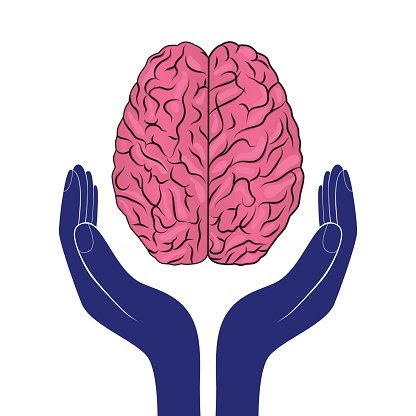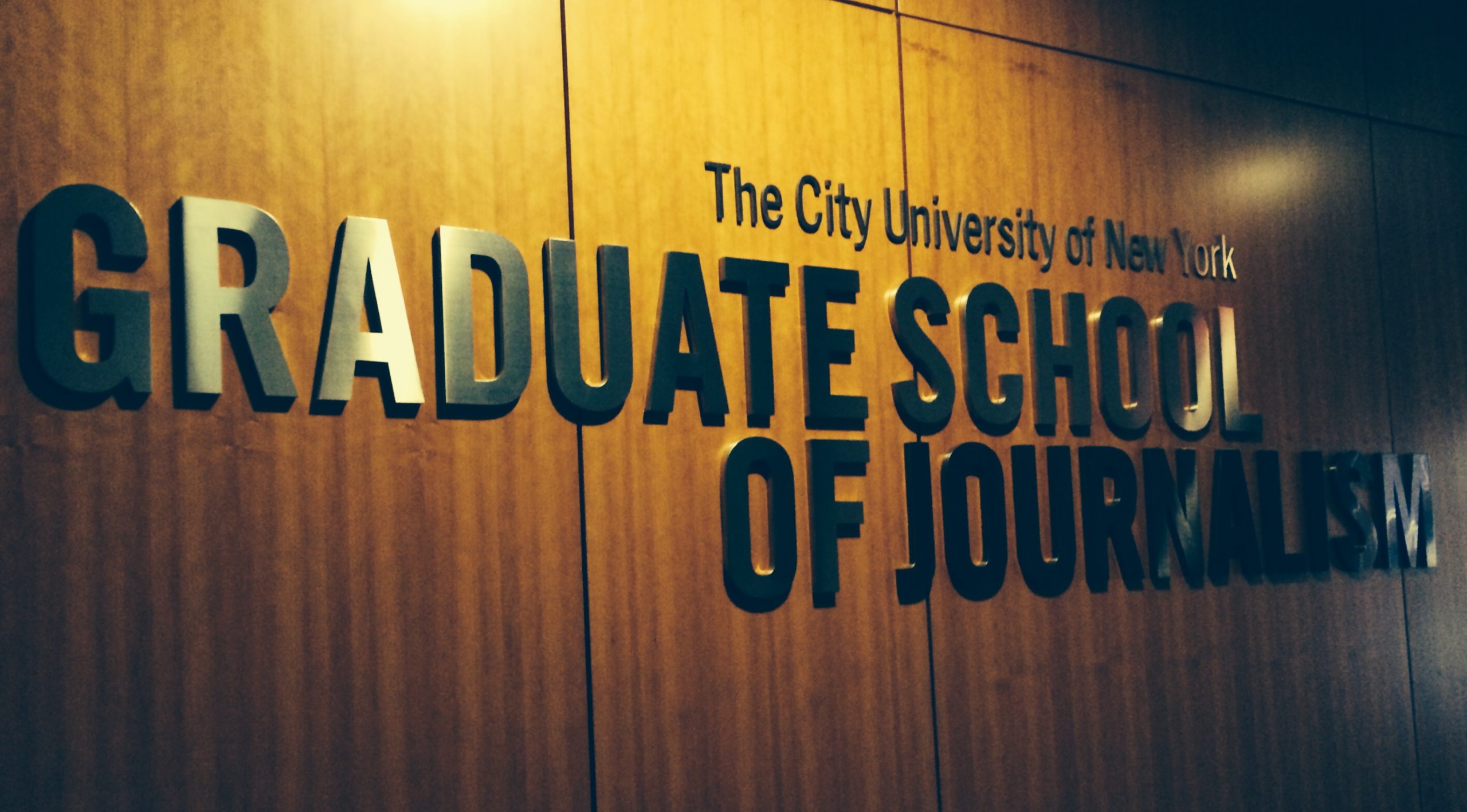As the COVID-19 global pandemic persists, CUNY students and other students nationwide continue to grapple with prevailing uncertainty, fear, anxiety and depression. The Center for Disease Control and Prevention defines mental health as our emotional, social and psychological well-being. Mental health has experienced a sharp overall decline as a result of the widespread effects of coronavirus. For students, as they continue to attend classes physically or via online platforms, the pandemic continues to affect mental health.
The City University of New York is a network of vast and expansive urban public universities; according to the CUNY website, the university system accounts for the largest such network in the country. CUNY serves 500,000 diverse students across New York City. In the 2020 spring semester, CUNY conducted a student survey asking students about their thoughts on COVID-19. The survey showed that 40 percent of students reported feeling nervous, anxious or on edge for more than half of the days in the two weeks prior to the survey. At least one-third of the students who responded said that for more than half of the days during the same period they felt uninterested and unenthusiastic when performing tasks or activities they once enjoyed. They also reported feeling down, depressed, helpless or were unable to stop worrying. The figure increased from 25 percent of students reporting stress, anxiety and lack of interest in activities in 2018, an alarming 8 percent overall uptick.
CUNY’s decision and announcement to expand mental health services for students comes alongside an upsurge in COVID-19 cases. The Federal Coronavirus Aid, Relief, and Economic Security Act, or the CARES Act, provided CUNY with $250 million in aid to be used for a variety of purposes including economic support for students, reinvigoration of online infrastructure and professional training. Only $5 million is reserved for the improvement of mental health services across CUNY campuses inclusive of community colleges. With these funds, the provision of virtual counseling sessions will increase and the training and certification of mental health specialists and counselors will be carried out.
Although the global pandemic has both encouraged the modification of mental health services and expanded the modes of access to them, the growth of these services will positively impact students beyond the global health crisis. The investment in more technology will allow specialists and professionals alike to hold teletherapy sessions as counseling services acclimate to the rapidly advancing technological age. Per the Gotham Gazette, virtual and digital training will be implemented CUNY-wide.
If students are feeling down, due to the pandemic or otherwise, there are many resources available in times of crisis. You or someone you know can reach out to a local campus counseling center; alternatively, or in addition to accessing campus resources, you can call NYC Well, a free mental health service hotline that connects people to crisis experts. The number to call is 1-888-692-9355 (NYC-WELL). You can also text WELL to 65173.














